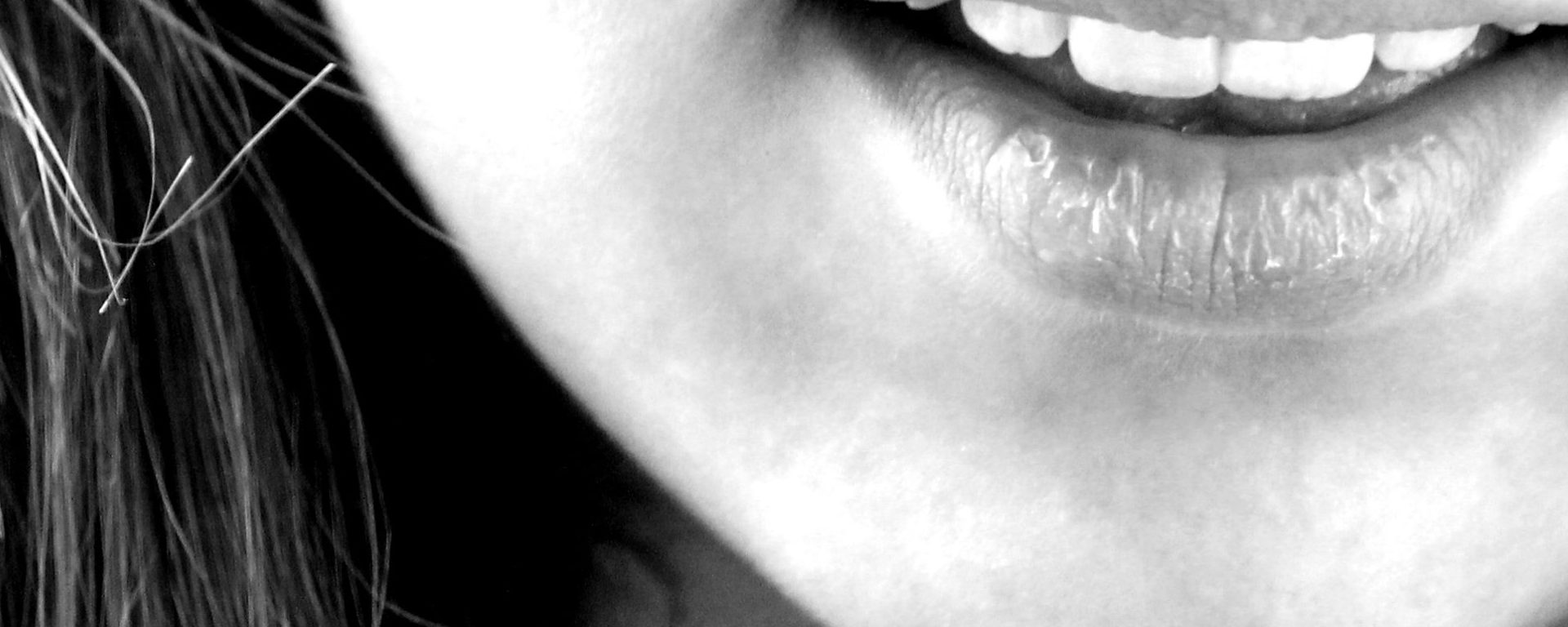Have you ever dreamed of a hands-on profession in the healthcare field? Oral health is directly related to overall health. The skills and knowledge that dental hygienists acquire have far-reaching health effects that can help save lives. Perhaps you want to help patients receive quality dental care, but you also don’t want to commit extra years of your life – and money – on a dental program and training. You may be perfect for the role of dental hygienist.
Dental hygienists enjoy a rewarding career that offers great work-life balance. According to the U.S. Bureau of Labor Statistics (BLS), the median salary for dental hygienists was $76,220 in 2019. Many dental hygienists have the option to work part-time, allowing for more family time or the pursuit of other interests.
Becoming a dental hygienist offers a great salary with a shorter drive to the career destination. Dentists must earn a bachelor’s degree (about four years of school), plus a two- to four- year residency, plus two- to five- years in training if they want to get into research or education. How long does it take to become a dental hygienist? Two to three years from start to finish.
Dental hygienists work directly with patients, cleaning teeth, assessing oral health, and taking X-Rays and other important health documents as needed. And the need for these masters of oral care is not slowing down. In fact, the BLS expects this role to grow 6 percent over the next several years, which is faster than the average for all occupations!
A hands-on career helping patients, a solid salary, and a bright outlook. Sounds like the perfect role, right? But you may be wondering if it is right for you. If you are asking yourself, ‘Would I be a good dental hygienist?’ read on. Here, we will break down some of the key qualities and skills needed in dental hygiene, so that you can decide whether this career path is right for you.
Would You Make a Good Dental Hygienist? 6 Skills & Qualities to Floss
- Communication & Interpersonal Skills
You already know that a dental hygienist needs technical skills to get the job done, but communication and interpersonal skills are also a big part of the gig. A dental hygienist works very closely with patients, practically sitting in their laps! If you are considering this role, you will want to make sure your patients have a comfortable and stress-free experience. The ability to casually chat with patients and make them as relaxed as possible will certainly make for a better workday.
- Time-Management Skills
The life of a dental hygienist is centered on scheduled appointments. These appointments must stay on track in order to keep other patients on time. It is important to manage your time well and work efficiently. Planning ahead, being organized, and prioritizing tasks are essential in maintaining a successful dental cleaning company.
- A Passion for Learning
Dental hygienists are highly educated to ensure they can provide proper care and assessments to patients. Degrees may range from an associate degree to a master’s degree. No matter how educated you are, however, your learning experience will be an ongoing one. Even after you have earned your degree and licensure to practice in CT, you must obtain continuing education to renew that license every 2-3 years.
- Problem-Solving Skills
Every patient is different, and therefore has different needs. You will often encounter unique challenges as you go. This is why it is helpful to be a good problem-solver. If you have a patient who suffers from high anxiety, for example, you will need to figure out the best approach for treatment. If you have a patient with a physical disability that makes treatment tricky, you may need to learn how to best accommodate them at your office.
- Attention to Detail
It is a dental hygienist’s job to ensure that patients teeth are clean and gums are healthy. Talk about importance of detail! This job requires the ability to carefully inspect the mouth and pinpoint any problem areas, such as tartar buildup or cavities. You will need to carefully navigate small crevices and do so with care. Missing even the smallest problem area could prove to be quite harmful for patients, so this skill is a very important one.
- Dexterity & Physical Endurance
Working in dental hygiene means working with sharp tools inside small areas (as mentioned above). These professionals must have great control of the hands to complete treatments safely. It is also important to consider the physical demands of the job. Depending on the office, you may have to spend some time on your feet or leaning over in a chair. If back pain is a concern, dental hygiene may not be the best role for you. But if you’re up for the challenge – it could be the most rewarding career path to choose.
As you ponder, “Would I be a good dental hygienist?”, you can look over this list and consider if you have these qualities and skills. If you think you have what it takes, you may be able to polish these skills with a Dental Hygiene degree, like the one offered at Goodwin University. The program is taught by experienced industry professionals who have worked in the field, using state-of-the-art equipment to give proper training and education.
If you would like to learn more about the Dental Hygiene program at Goodwin University. Call 800-889-3282 or visit us online to request more information.
Goodwin University is a nonprofit institution of higher education and is accredited by the New England Commission of Higher Education (NECHE), formerly known as the New England Association of Schools and Colleges (NEASC). Goodwin University was founded in 1999, with the goal of serving a diverse student population with career-focused degree programs that lead to strong employment outcomes.

